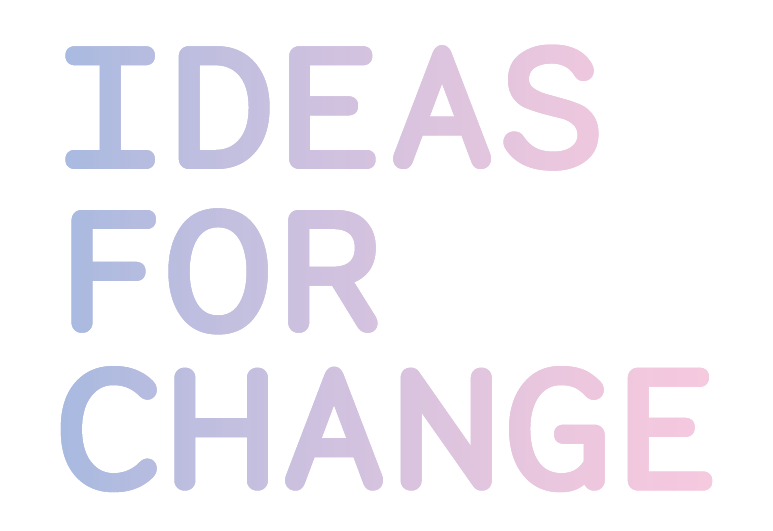Accessibility in tourism: a permanent challenge
By Sandra Campos, Consultant specialized in tourism.
(Original publication in Spanish)
Tourism is commonly called the happiness industry. Practicing leisure, experiencing new sensations or getting to know new destinations and cultures, is already a necessity for many.
However, the intangible nature of tourism, the impossibility of evaluating the different elements that make up our trip before enjoying them and the journey towards an unknown or usual environment, generate uncertainty.
This uncertainty, although common to any traveler, is increased in people with access needs, so tourist or universal accessibility, understood not only as the elimination of physical, sensory or communication barriers, but as the creation of spaces, products and services that can be enjoyed by the entire population regardless of their abilities, becomes a necessary feature of any environment.
Specifically, the World Health Organization estimates that 15% of the world population (some one billion people) have some type of disability and with it, different access needs, a figure that has increased vertiginously in recent years due to to the high negative demographic rates, the increase in life expectancy, and the growing chronic diseases linked to the style of it. Only in Spain, the lack of a truly accessible tourism industry means that approximately four million people have problems when traveling, due to factors such as the presence of multiple physical barriers, the lack of knowledge and training in terms of inclusion, or the scarce existence of universal design elements.
For this reason, and as part of FiturNext's commitment in the last 2022 edition on how tourism can contribute to achieving a more accessible society, we have valued the need to make accessibility a permanent challenge. Likewise, the dialogue held with one of the winning entities of that edition was titled. Miguel Carrasco, Director of the tourism and universal accessibility area of Predif, returned to FiturNext 2023 to offer us different lessons for the achievement of an accessible, sustainable and quality tourism industry.
Three were the keys highlighted in this conversation: the importance of raising awareness as the basis of a truly inclusive society, of training future professionals in the sector, and of the continuity of accessibility throughout the different elements that make up the experience. From the trip.
First key, awareness
Essential to achieve real inclusion in society. Educating on equal rights, access and opportunities, understanding and transmitting the needs that each person presents, taking into account their capacities and disseminating the various existing realities, become the ideal vehicle for building an inclusive society.
Second key, formation
In tourism, which is mainly made up of services, the human factor is especially relevant. For this reason, accessibility training for future professionals in the sector is essential, as it plays a key role in the tourist experience. However, there is a limited training offer in this area, and there are few specific qualifications available, both at the university and professional training level. In addition, most of the studies offered are focused on other specialties that, although necessary, have less transversality, such as urban planning or architecture, so that the human value within the tourism industry does not meet, to a large extent, the needs of people with disabilities, as well as the way in which to address or treat them.
For this reason, knowing and understanding not only the needs, consumption habits and perceptions of these people, but also the different regulatory and technical aspects of accessibility, is essential for a comprehensive quality industry, which increases the competitiveness of the different destinations and that is supported by social development, sustainable and for all.
Third key, the accessible tourism value chain
We must understand this notion from a broad perspective, extended to all the elements of the value chain that make up the travel experience, in such a way that it allows the arrival, itinerancy, enjoyment of the different experiences and return to the origin to any individual without distinction, favoring universal participation. We could imagine a chain made up of different links, where each link belonged to each of the stages or moments of the journey. In this way, accessibility must be present in each link, from the origin of the tourist with the planning of the trip, to the return of the tourist once finished, going through the different stages or phases.
This is a necessary but not sufficient condition. Accessibility must also be inherent to the relationship exerted between the different links or elements of the journey, so that the entire experience can occur without the flow of accessibility being broken at any time. Otherwise, the emergence of a discontinuity in this accessible flow, generates different damages, not only for these travelers and residents, but also for the quality standard of the destination.
These keys, along with everything learned during the last edition of FiturNext and the new steps taken from Ideas for Change to achieve a more inclusive and accessible society, have led us to form an alliance with the Predif Foundation, one of the major foundations of the associative movement of people with disabilities in Spain, whose work revolves around the generation of a universal tourism industry.
Together with them, and with the signing of this new agreement, a new stage of collaboration, commitment and transmission of knowledge and information is born, where adding is synonymous with growing and growing equivalent to achieving a truly accessible and inclusive society.
Keep reading:
Do you like this?
Receive more content like this to your inbox!












